
Range Rovers are sophisticated vehicles that require specialized knowledge and expertise to maintain their optimal performance. When it comes to finding a mechanic to service your Range Rover, you want to be sure you’re making the right choice. Here are some important questions to ask when choosing a Range Rover mechanic.
What is your experience with Range Rovers?
When it comes to working on Range Rovers, experience matters. A mechanic who has worked on Range Rovers for years will have a greater understanding of their unique features and issues than one who has only worked on them occasionally. Ask about the mechanic’s experience with Range Rovers and how long they have been working on them. You may also want to inquire about any specialized training they have received.
Do you use genuine Range Rover parts?
Using genuine Range Rover parts is important for the optimal functioning and longevity of your vehicle. Genuine parts are specifically designed for your Range Rover and are of the highest quality. Ask your mechanic if they use genuine Range Rover parts for all repairs and maintenance. If they do not, ask why and what alternative parts they use.
What is your warranty policy?
A warranty is important for any repair or maintenance work on your Range Rover. Ask your mechanic what their warranty policy is and what it covers. You should also ask how long the warranty lasts and if there are any limitations or exclusions. A reputable Range Rover mechanic will stand behind their work and offer a warranty that reflects their confidence in their abilities.
What is your diagnostic process?
Diagnosing issues with a Range Rover can be complex, so it’s important to ask your mechanic about their diagnostic process. They should be able to explain their approach to diagnosing problems and how they will communicate their findings to you. A good mechanic will use specialized equipment and techniques to accurately diagnose issues with your Range Rover.
How do you communicate with customers?
Communication is key when it comes to working with a Range Rover mechanic. Ask how they will communicate with you throughout the repair process. Will they call or text you with updates? Will they explain any issues they find and the recommended course of action? You want to work with a mechanic who is responsive and communicates clearly and professionally.
What is your pricing structure?
Pricing is always a consideration when choosing a mechanic. Ask your Range Rover mechanic about their pricing structure and if they offer any discounts or promotions. You should also inquire about their payment policies and if they accept payment plans or credit cards. Be wary of mechanics who offer prices that seem too good to be true, as they may be using inferior parts or cutting corners.
What services do you offer?
Range Rovers require specialized care and maintenance, so it’s important to choose a mechanic who offers a wide range of services. Ask about the services they offer, including routine maintenance, diagnostic work, and major repairs. They should also be able to advise you on the best course of action for your specific vehicle based on its age, mileage, and condition.
Do you offer preventative maintenance services?
Preventative maintenance is crucial for keeping your Range Rover running smoothly and avoiding major issues down the line. Ask your mechanic if they offer preventative maintenance services and what they include. These may include oil changes, fluid checks, tire rotations, and inspections of key components such as brakes and suspension.
What is your availability?
You want to work with a mechanic who is available when you need them. Ask about their availability for routine maintenance and emergency repairs. You may also want to inquire about their hours of operation and if they offer after-hours or weekend services.
Carotech Automotive
Having the right mechanic to work on your  Range Rover is crucial for maintaining the performance and longevity of your vehicle. These are complex and sophisticated SUVs that require specialized knowledge and expertise to service properly. Carotech Automotive has years of experience in working on these models, and we use genuine parts, offer a warranty, communicate clearly with our clients, and provide a wide range of services to ensure that your Rover is in the best hands. If you live in or around Los Angeles, CA, call or visit us today to set up an appointment.
Range Rover is crucial for maintaining the performance and longevity of your vehicle. These are complex and sophisticated SUVs that require specialized knowledge and expertise to service properly. Carotech Automotive has years of experience in working on these models, and we use genuine parts, offer a warranty, communicate clearly with our clients, and provide a wide range of services to ensure that your Rover is in the best hands. If you live in or around Los Angeles, CA, call or visit us today to set up an appointment.
* Black Range Rover Sport Car image credit goes to: Artistic Operations.


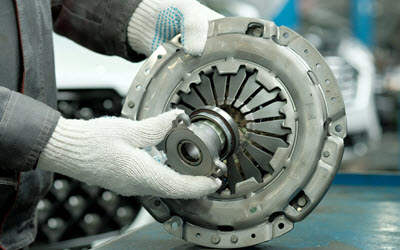 difficulty shifting gears, poor acceleration, a burning smell, and engine revving without acceleration. To prevent a slipping clutch, avoid riding the clutch and sudden starts and stops. If you suspect a slipping clutch in your Volvo, have it diagnosed and repaired as soon as possible by a qualified mechanic to prevent further damage and ensure your safety on the road.
difficulty shifting gears, poor acceleration, a burning smell, and engine revving without acceleration. To prevent a slipping clutch, avoid riding the clutch and sudden starts and stops. If you suspect a slipping clutch in your Volvo, have it diagnosed and repaired as soon as possible by a qualified mechanic to prevent further damage and ensure your safety on the road.
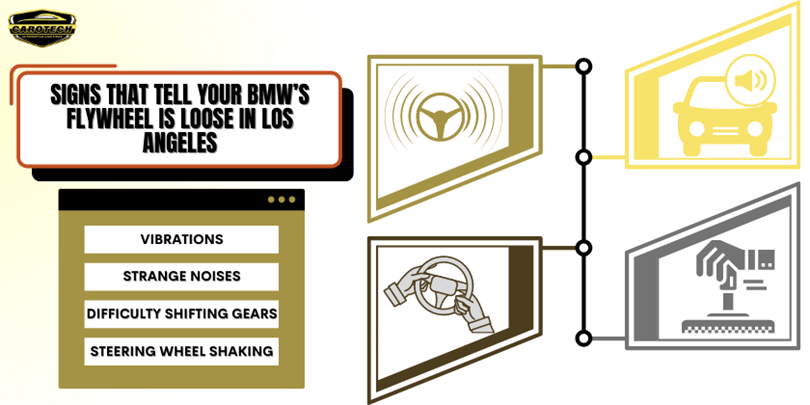
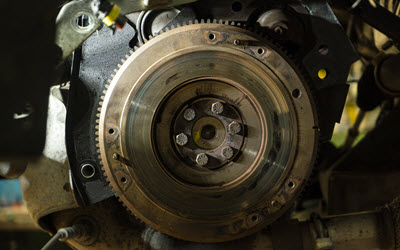 as smoothly as possible. If your BMW is beginning to show signs of having a loose flywheel, our
as smoothly as possible. If your BMW is beginning to show signs of having a loose flywheel, our 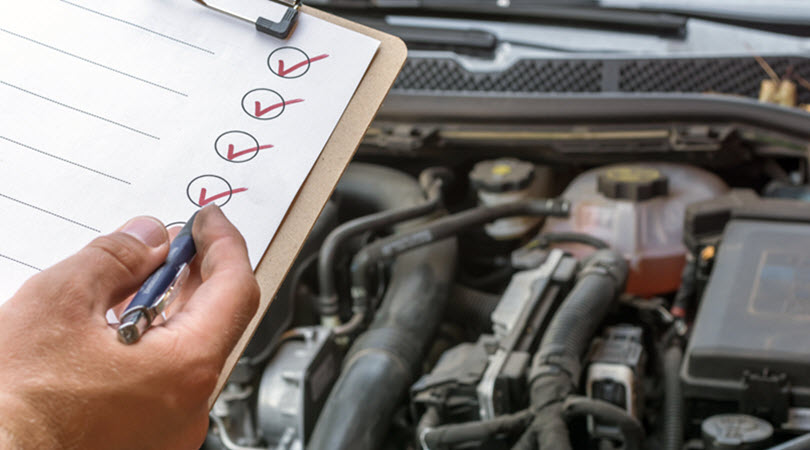
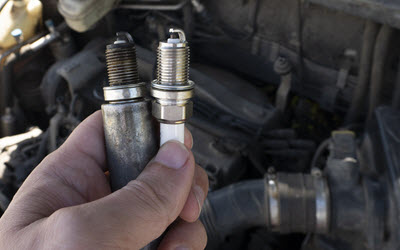 guarantee prompt, reliable service every time you
guarantee prompt, reliable service every time you 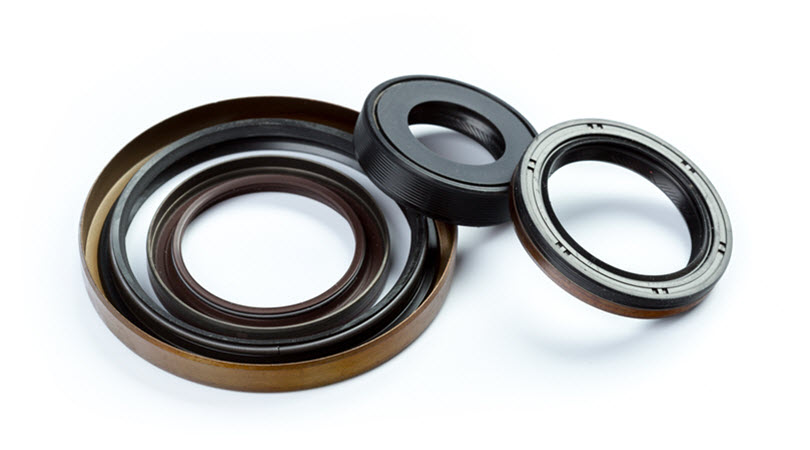
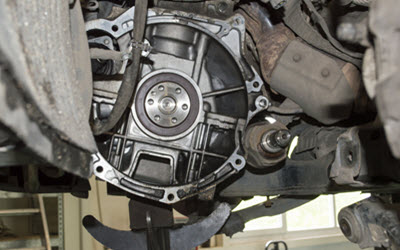 you are unable to fix it on your own, then it’s time to take your Mini to our professional mechanics. Our qualified technicians have the skills and knowledge required to properly diagnose and repair the problem with minimal disruption and cost. Furthermore, we can equip you with information on how best to maintain your vehicle going forward so that similar issues don’t arise in future. Visit us from communities in and around Los Angeles, CA!
you are unable to fix it on your own, then it’s time to take your Mini to our professional mechanics. Our qualified technicians have the skills and knowledge required to properly diagnose and repair the problem with minimal disruption and cost. Furthermore, we can equip you with information on how best to maintain your vehicle going forward so that similar issues don’t arise in future. Visit us from communities in and around Los Angeles, CA!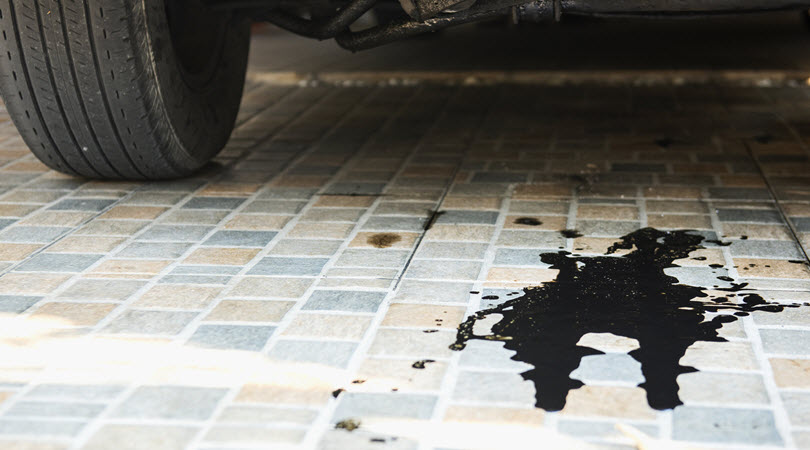
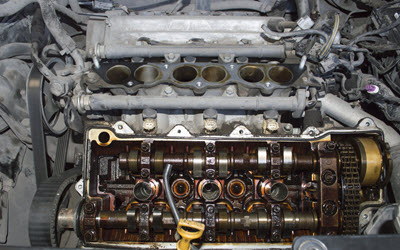 If you are living in or around Los Angeles, CA, and think that your valve cover gasket may have failed,
If you are living in or around Los Angeles, CA, and think that your valve cover gasket may have failed, 
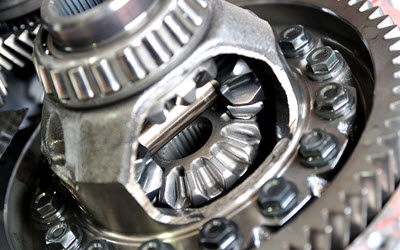 Mercedes has a differential problem, bring it to our professional, clean, and
Mercedes has a differential problem, bring it to our professional, clean, and 
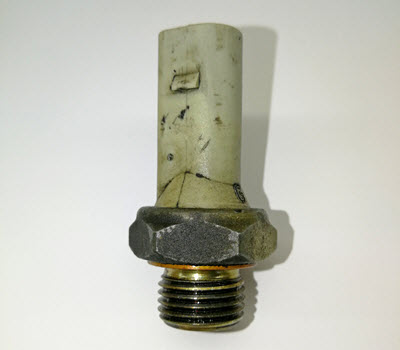 Mercedes, it is an indicator that your oil pressure switch has failed and is due for replacement. Although the impacts of a broken oil pressure switch may not appear to be obvious, a failed oil pressure switch might cause major difficulties with your Mercedes.
Mercedes, it is an indicator that your oil pressure switch has failed and is due for replacement. Although the impacts of a broken oil pressure switch may not appear to be obvious, a failed oil pressure switch might cause major difficulties with your Mercedes.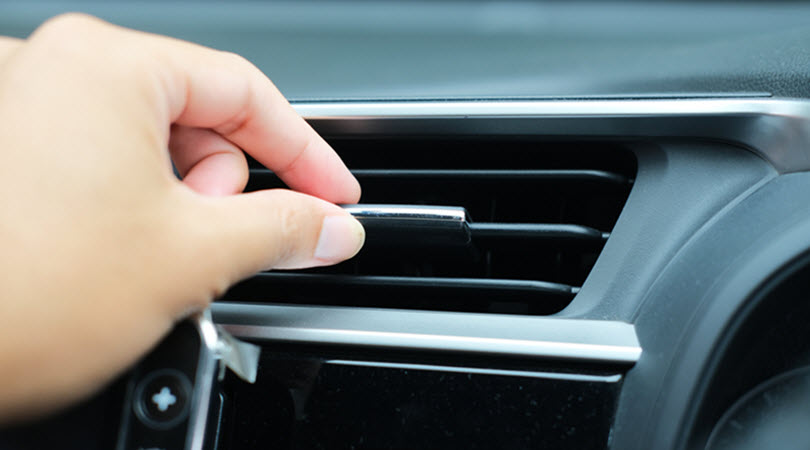
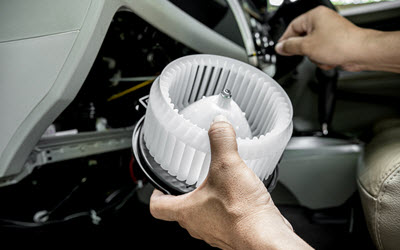 extensive experience working on European vehicles. It does not matter what time of year it is; we will help keep your BMW’s cabin comfortable for you.
extensive experience working on European vehicles. It does not matter what time of year it is; we will help keep your BMW’s cabin comfortable for you.

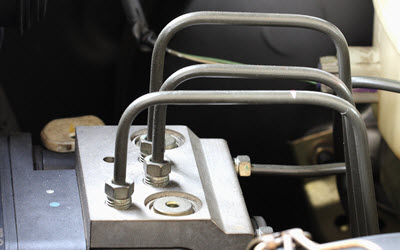 you live in or around Los Angeles, CA. While it may be tempting to try and address the issue on your own, aside from fixing tire pressure, you should bring your vehicle to someone experienced, someone with the knowledge of the inner workings for MINI Coopers, in particular. The risk of not addressing any of these issues can put you and your loved ones in danger, so make sure to bring your vehicle in for an assessment immediately upon seeing these lights.
you live in or around Los Angeles, CA. While it may be tempting to try and address the issue on your own, aside from fixing tire pressure, you should bring your vehicle to someone experienced, someone with the knowledge of the inner workings for MINI Coopers, in particular. The risk of not addressing any of these issues can put you and your loved ones in danger, so make sure to bring your vehicle in for an assessment immediately upon seeing these lights.



Recent Comments